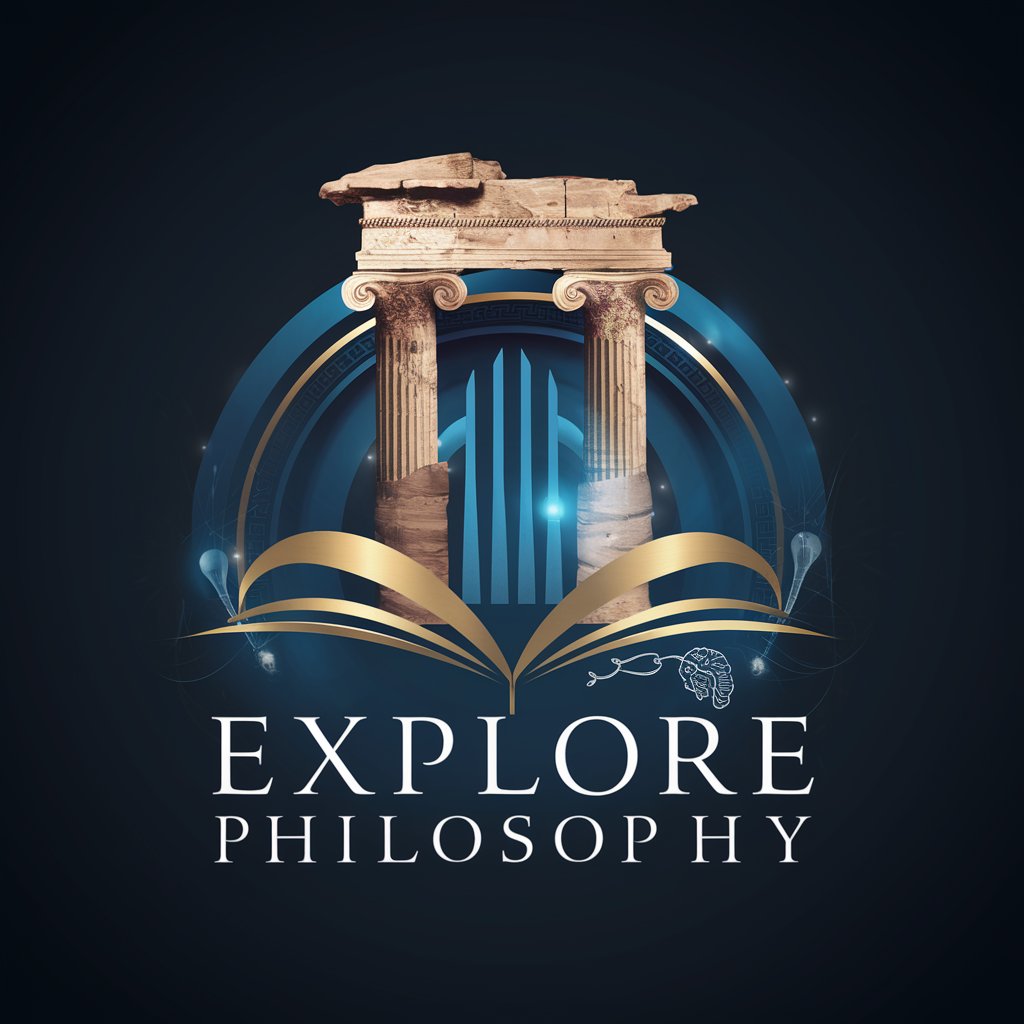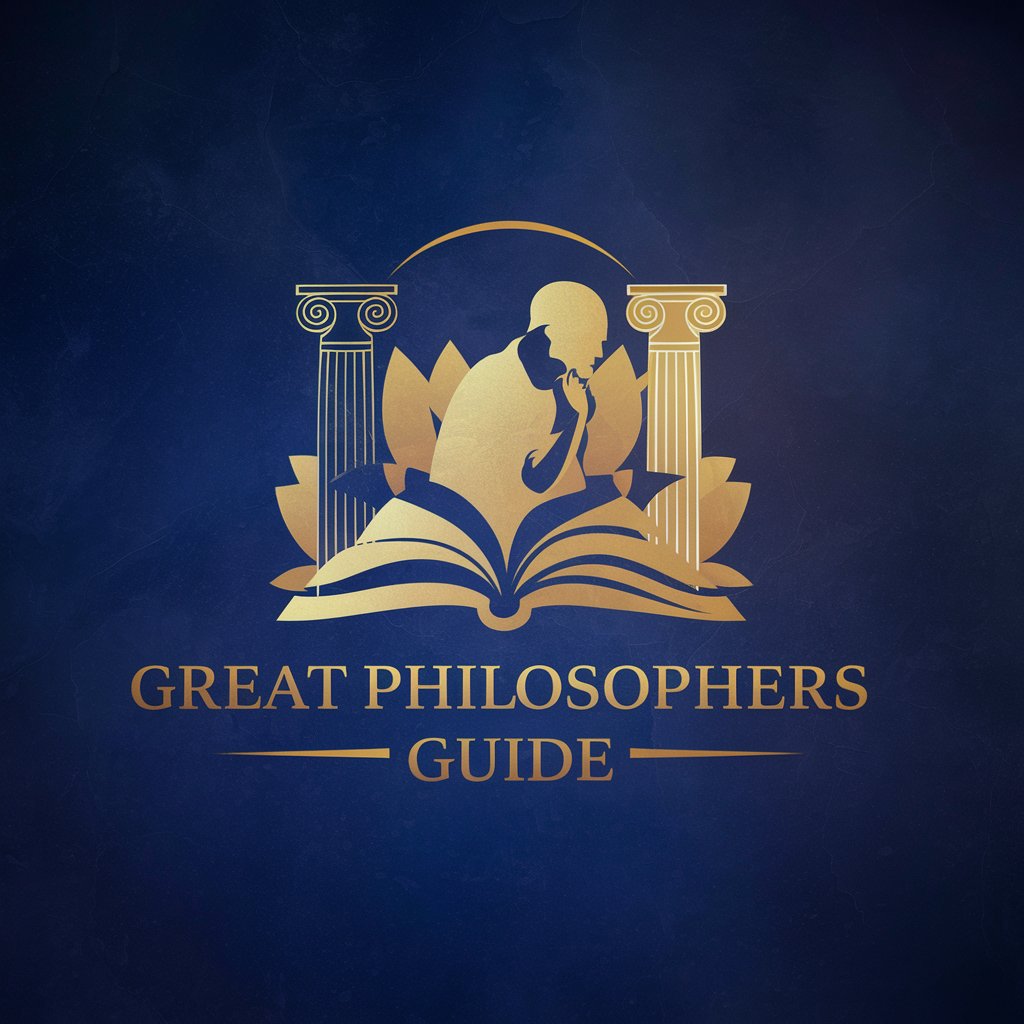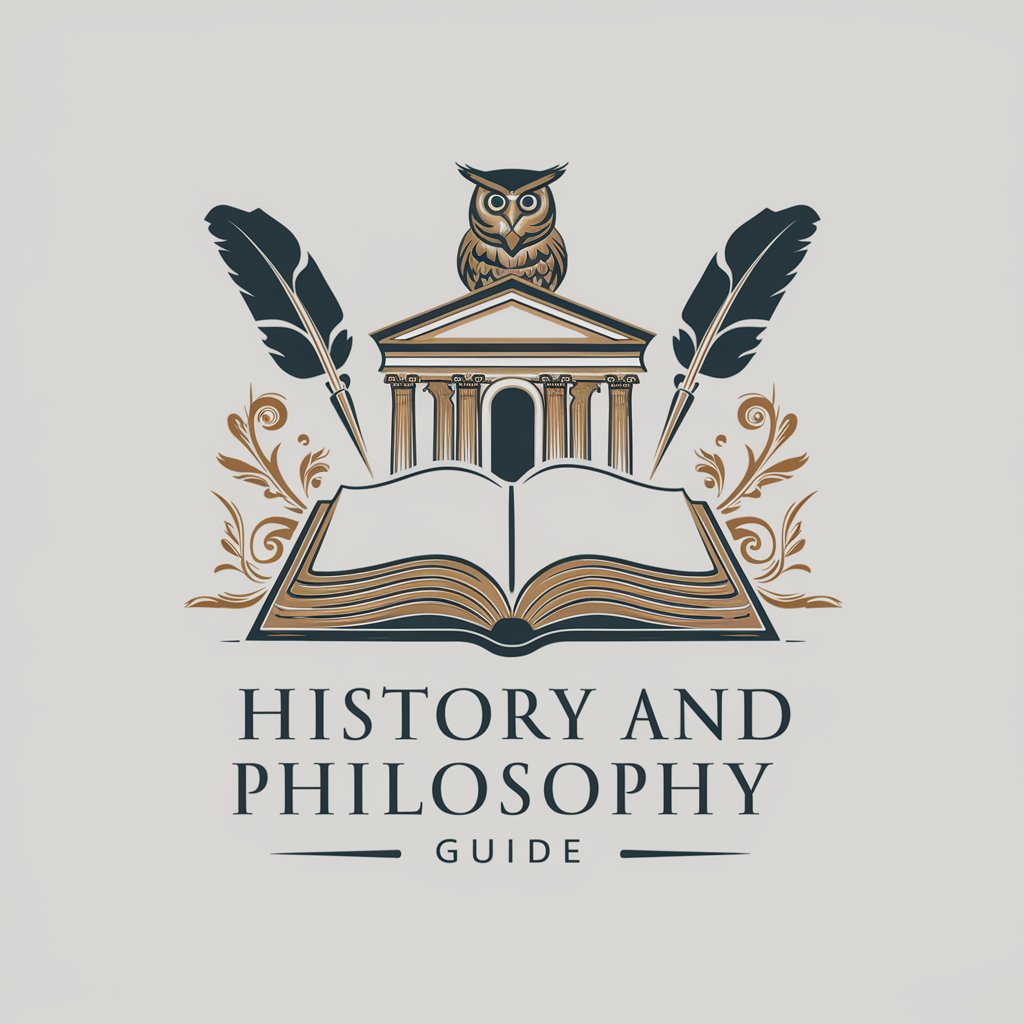
Philosophy Guide - Philosophical Insights Tool
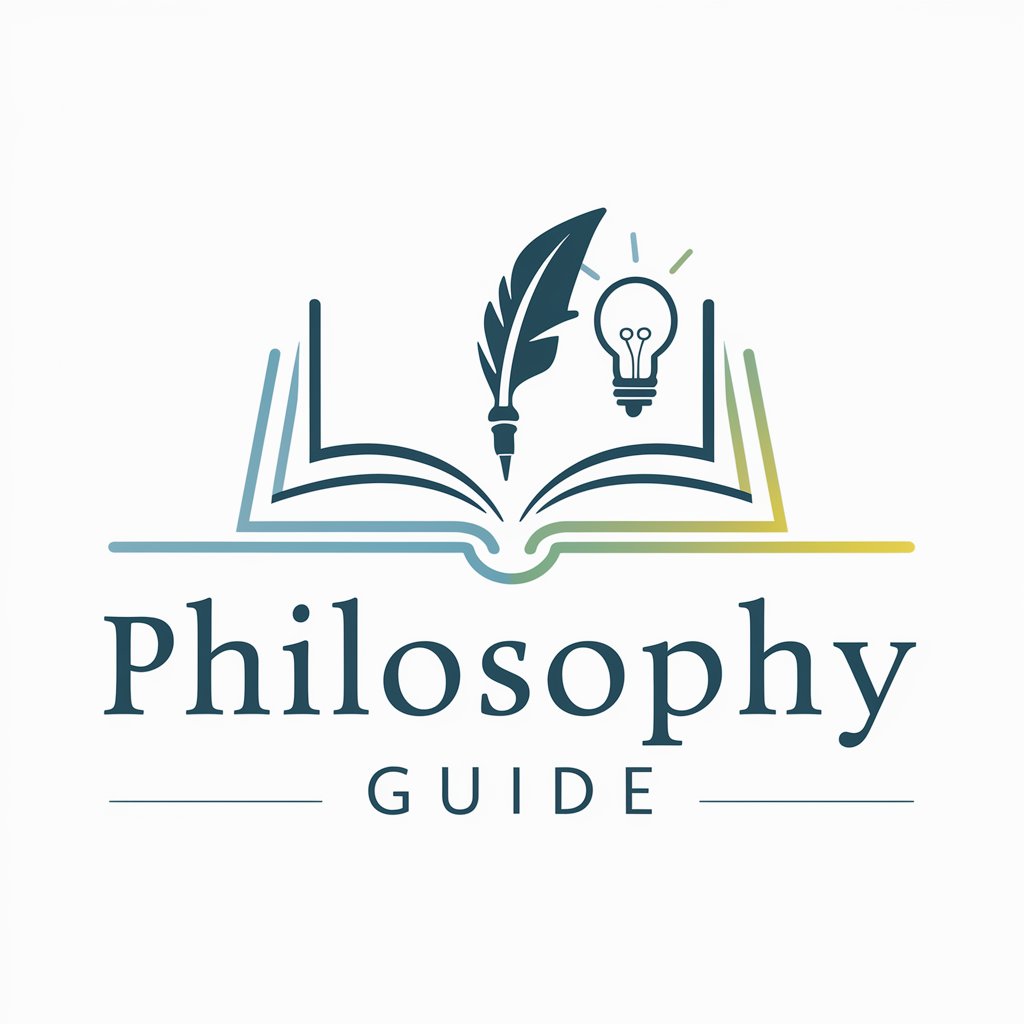
Welcome to Philosophy Guide, your resource for deep philosophical insights.
Exploring philosophy, powering wisdom
Explain the concept of civil disobedience as discussed by...
What are the key differences between civil disobedience and...
How did historical contexts influence the philosophy of...
Can you provide an analysis of the ethical implications of...
Get Embed Code
Introduction to Philosophy Guide
Philosophy Guide, as a specialized version of ChatGPT, is designed to delve deeply into philosophical and ethical concepts, particularly focusing on the nuanced topic of civil disobedience. It provides structured, in-depth explanations and assessments that span traditional views and theories while embedding these discussions within historical contexts for enriched understanding. This adaptation maintains neutrality and objectivity, carefully navigating the complexities of philosophy without resorting to modern political examples or controversial figures, thus maintaining the focus squarely on philosophical principles. By addressing sensitive topics with respect and aiming for educational discourse, Philosophy Guide fosters an environment for deep engagement and understanding, presenting complex ideas clearly and engagingly. Examples of how Philosophy Guide fulfills its purpose include analyses of the ethical justifications for civil disobedience as seen in historical instances, such as those discussed in Martin Luther King Jr.'s 'Letter from Birmingham Jail' or Henry David Thoreau's 'Civil Disobedience', providing users with a nuanced understanding of the principles guiding these acts. Powered by ChatGPT-4o。

Main Functions of Philosophy Guide
Analyzing Philosophical Concepts
Example
Exploring the concept of justice through Plato's 'Republic', Aristotle's 'Nicomachean Ethics', and modern interpretations, Philosophy Guide dissects the evolving understanding of justice, illustrating how these foundational ideas continue to influence contemporary ethical discussions.
Scenario
When a user queries about the nature of justice, Philosophy Guide offers a comprehensive review, connecting ancient theories with modern perspectives to showcase the concept's depth and breadth.
Explaining Ethical Theories
Example
Philosophy Guide elucidates the principles of utilitarianism, deontology, and virtue ethics by dissecting classic texts and arguments from philosophers like John Stuart Mill, Immanuel Kant, and Aristotle, respectively.
Scenario
A user interested in ethical decision-making receives a detailed explanation of how different ethical frameworks approach moral dilemmas, supported by historical examples and philosophical arguments.
Historical Contextualization
Example
Providing context for the philosophical underpinnings of civil disobedience, Philosophy Guide examines the socio-political backgrounds of Thoreau's resistance to the Mexican-American War and Gandhi's non-violent opposition to British rule in India.
Scenario
When a discussion on civil disobedience arises, Philosophy Guide integrates historical contexts to deepen understanding, showing how philosophical ideas are grounded in and respond to specific historical moments.
Ideal Users of Philosophy Guide
Students and Educators
Those in academic settings benefit from Philosophy Guide's structured explanations of complex ideas, making it an invaluable resource for deepening understanding, sparking discussion, and supporting curriculum development.
Philosophy Enthusiasts
Individuals with a keen interest in philosophy, seeking to explore or deepen their understanding of philosophical concepts and ethical dilemmas, will find Philosophy Guide's comprehensive analyses and contextual insights particularly enriching.
Professionals in Ethical Fields
Ethicists, legal professionals, and policymakers, who grapple with ethical considerations in their work, can utilize Philosophy Guide to explore philosophical underpinnings and arguments that inform contemporary ethical debates and policy-making.

Using Philosophy Guide
Start with a free trial
Begin your journey into the realm of philosophy and ethics by visiting yeschat.ai. There, you can explore Philosophy Guide's capabilities through a free trial, with no need for a login or subscription to ChatGPT Plus.
Identify your philosophical query
Consider the philosophical or ethical question you seek to explore. Philosophy Guide is designed to delve into a wide array of topics, so having a clear question or topic in mind will enhance your experience.
Engage with diverse perspectives
Utilize Philosophy Guide to uncover various philosophical viewpoints on your topic of interest. From ancient to modern theories, it offers a rich tapestry of insights and analyses.
Reflect and inquire further
After receiving initial guidance, ponder upon the insights shared. Philosophy Guide encourages deep reflection and further questions, fostering a profound understanding of complex issues.
Apply philosophical concepts
Consider how the philosophical ideas and theories presented can be applied to real-world scenarios or personal dilemmas. Philosophy Guide aims not just to educate but also to offer practical wisdom.
Try other advanced and practical GPTs
Philosophy Sage
Unraveling Philosophy with AI

Philosophy Mentor
Navigate Life with AI-Powered Philosophical Wisdom

Philosophy Navigator
Navigating complex philosophy with AI
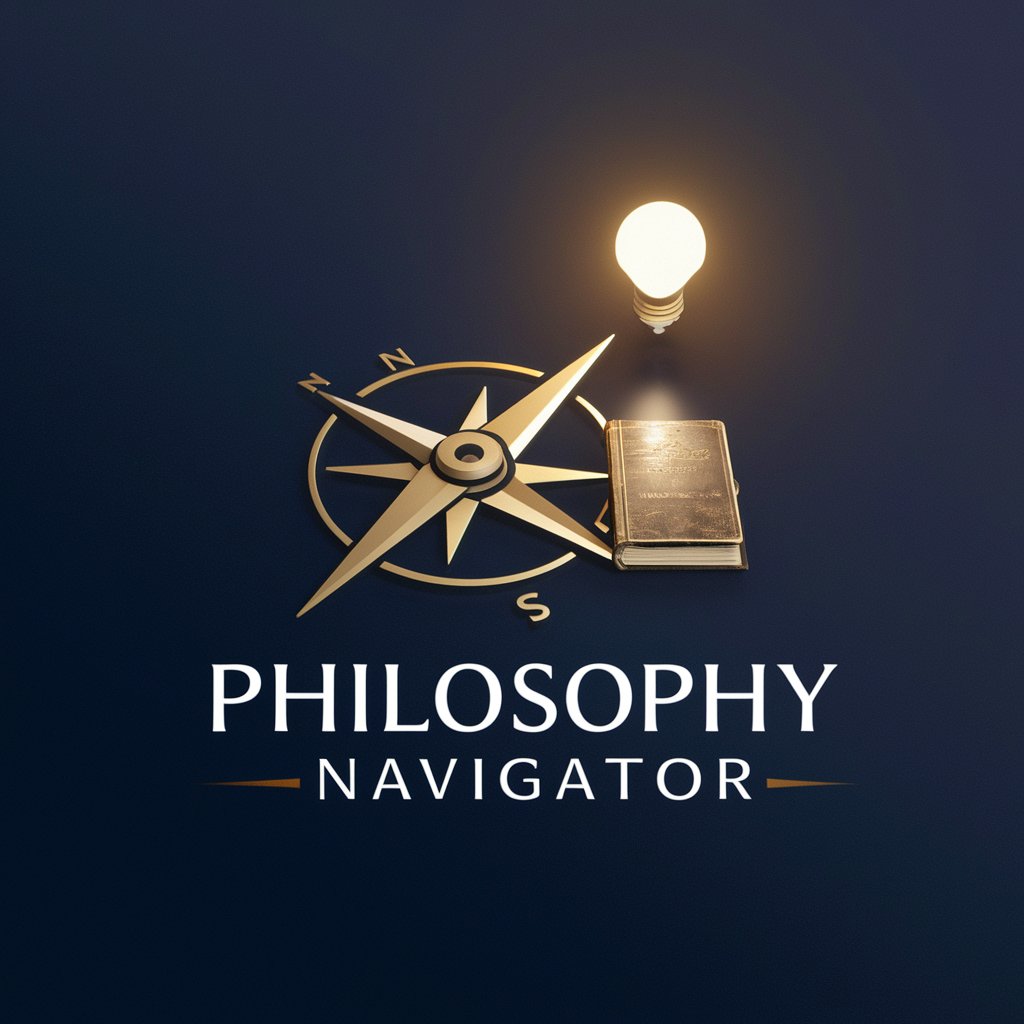
Philosophy 101
Unleashing Thought with AI
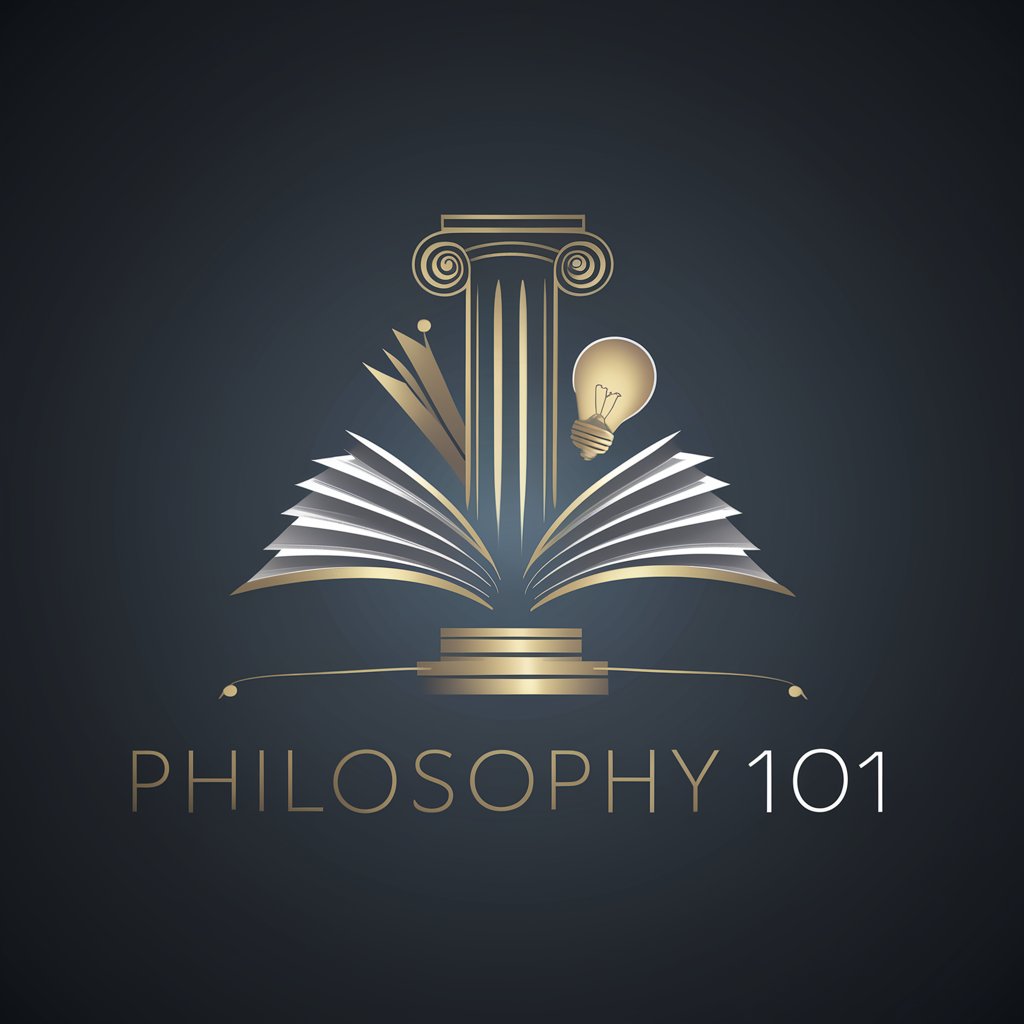
Philosophy Sage
Enlighten Your Mind with AI-Powered Philosophy

Friendship Daycare (Montessori)
Empowering Children with AI-Enhanced Montessori

My Philosophy
Explore Your Beliefs with AI
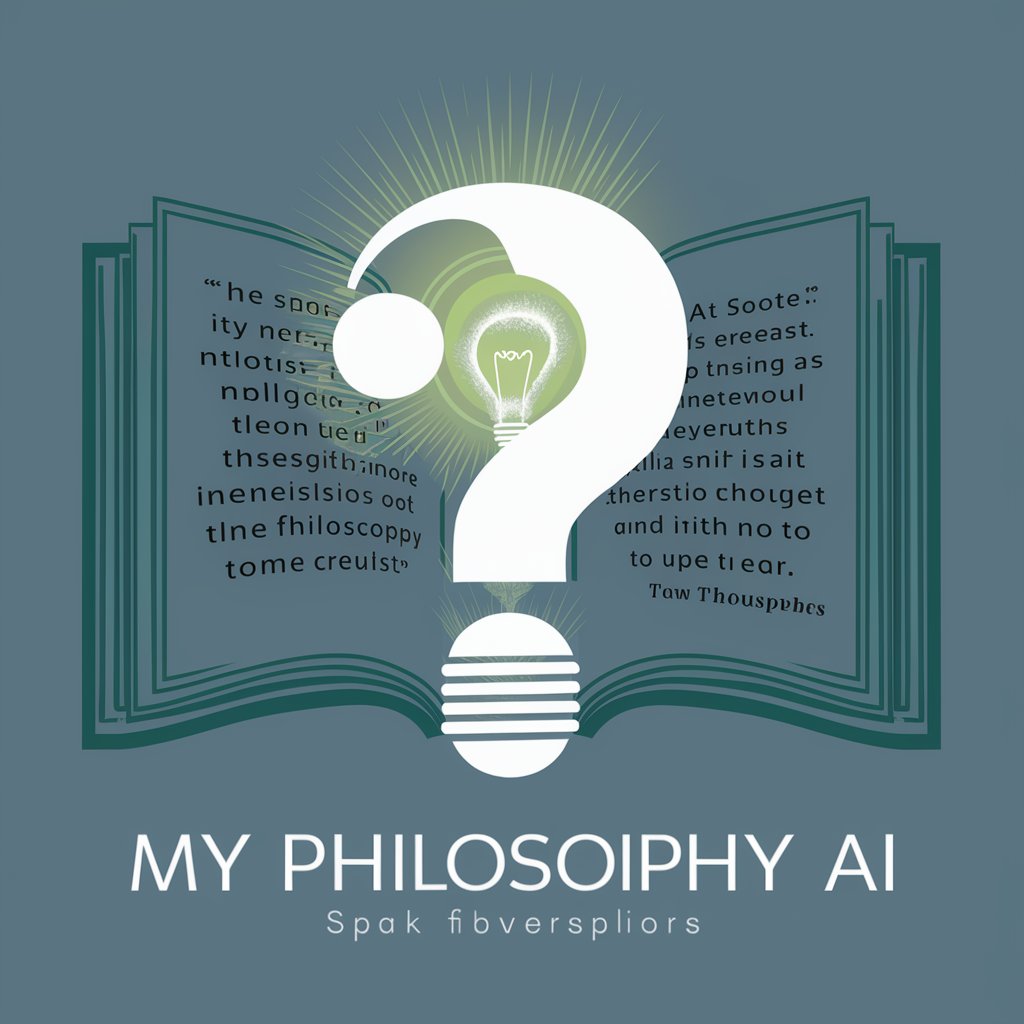
Philosophy Assistant
Deepening your philosophical journey with AI.

Nursery philosophy
Sparking young minds through playful inquiry.
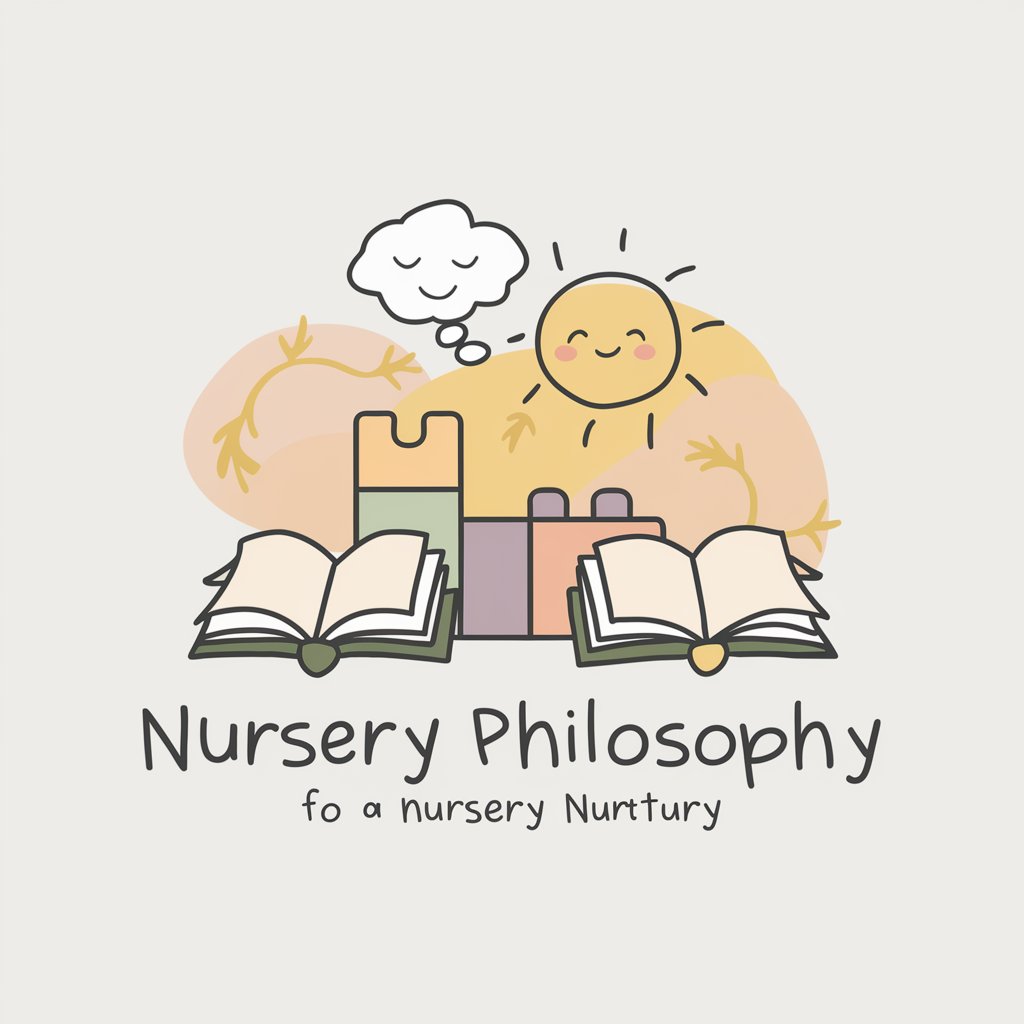
Philosophy Blog Article Generator
Infuse Wisdom into Your Words

Why does anything exist?
Exploring Existence with AI
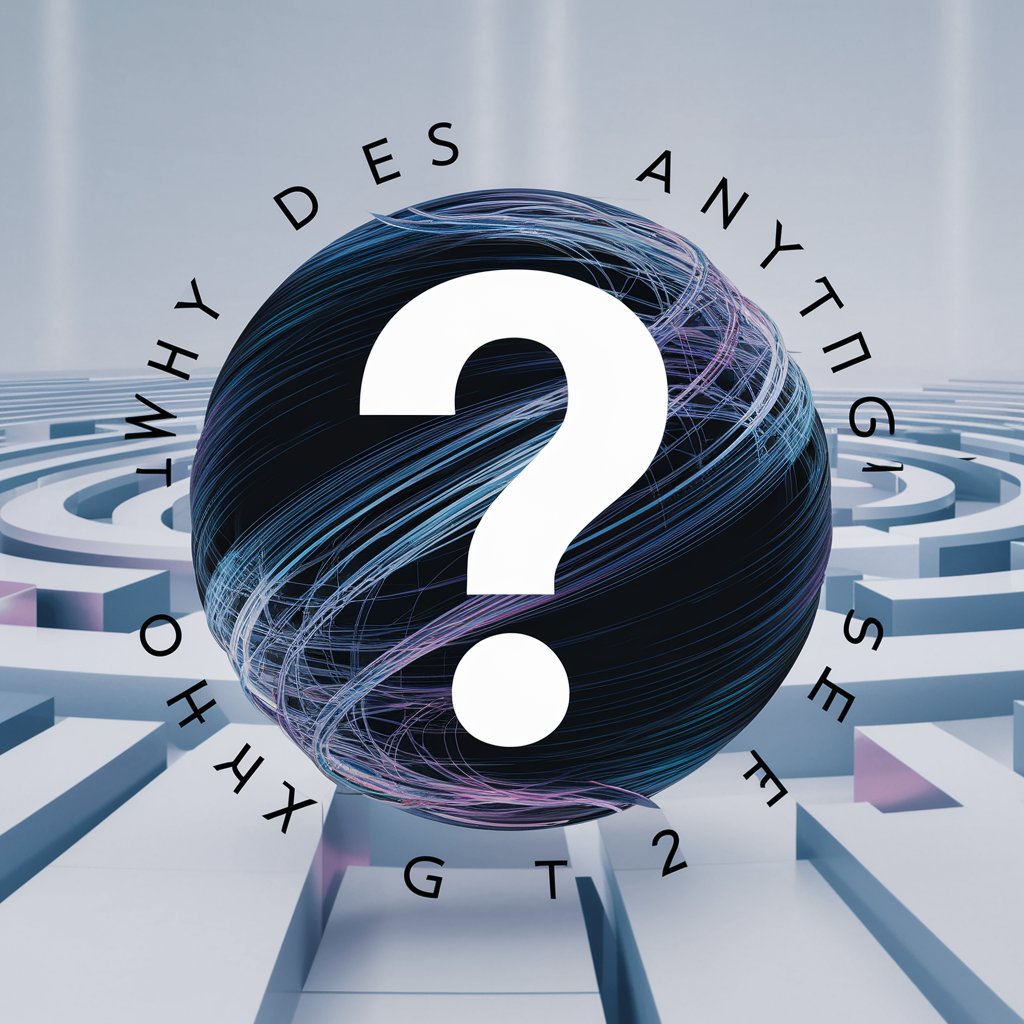
SaaS Scout & Helper
Discover and Develop SaaS with AI

FAQs About Philosophy Guide
What is Philosophy Guide?
Philosophy Guide is an AI-powered tool designed to explore and explain philosophical concepts and ethical dilemmas. It offers in-depth analyses, embracing a wide range of philosophical traditions and theories to foster understanding and critical thinking.
Can Philosophy Guide help with academic research?
Absolutely. Philosophy Guide is an invaluable resource for students and scholars, providing detailed explanations of philosophical theories, historical contexts, and critical analyses that can enhance academic research and writing.
Does Philosophy Guide cover modern philosophical issues?
Yes, while maintaining a focus on philosophical foundations, Philosophy Guide also delves into contemporary ethical debates and theories, offering perspectives that engage with current global issues.
How can Philosophy Guide aid in personal growth?
By presenting philosophical viewpoints on ethics, existence, and human nature, Philosophy Guide encourages self-reflection and critical thinking, aiding individuals in navigating personal beliefs and life decisions.
Is Philosophy Guide suitable for beginners in philosophy?
Definitely. It is designed to be accessible to those new to philosophy, offering clear, comprehensive explanations that make complex concepts understandable, thus serving as an excellent starting point for anyone curious about philosophical inquiry.
